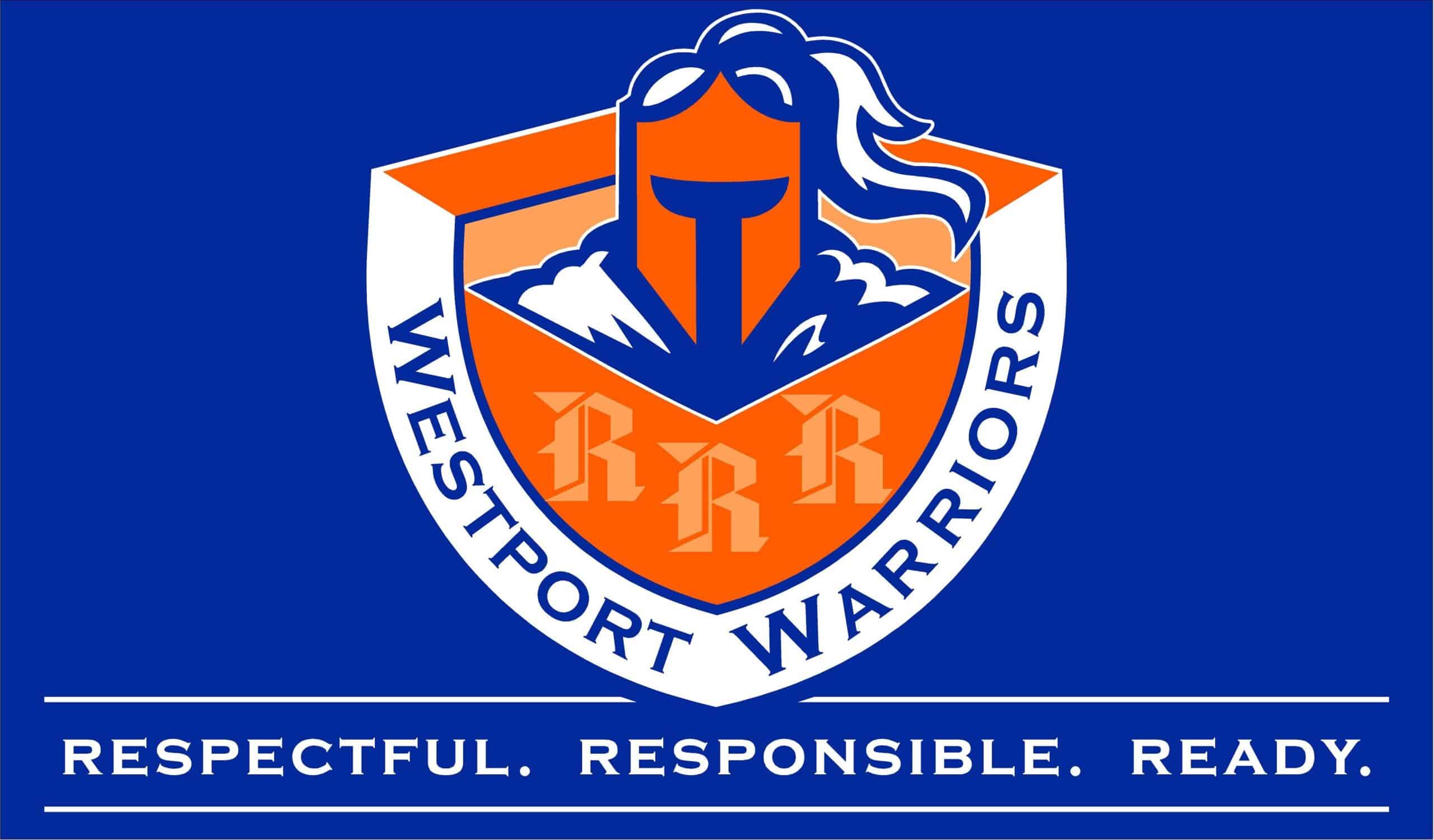
Westport Academy began last school year participating in a full-staff two-day Restorative Practices training. In August 2020, school leaderships started holding daily virtual circles in all classrooms. Over the course of the SY2020-2021 school year, the staff and the PSC has spent their monthly professional development sessions deepening their understanding of Restorative Practices to deepen and expand their understanding beyond basic community building circles. During trainings, school staff have connecting Restorative Practices to their work as an SEL wholeness intensive site and as a PSC community school. School staff have begun to explore how restorative practices influence their daily actions in the classroom such as applying the concept of fair process to examine racial inequity in the school community, using the social discipline window as a tool for teacher self-reflection, and exploring ways that circles can be used in the classroom to drive student engagement.
The focus on student and adult relationship-building was put into action following the January 6th insurrection in the United States Capital. During a staff meeting, the PSC facilitated a healing circle for staff members to process and respond to the national events. In a post-training survey, 94% of school staff “agreed” or “strongly agreed” that PSC trainings encourage them to examine their own thinking and practices. Through their earlier restorative trainings and practices, Westport’s staff had already been equipped with the structures and leadership skills to assist students and communities in processing the historic act of domestic terrorism and the racist ideology which led to it. The PSC was therefore quickly able to provide the more nuanced language to support their community when faced with a national crisis.
When asked to share how the PSC trainings support Westport’s work as educators, staff responded that Restorative Circles provide a “strategy for getting people into a setting to share their ideas and thoughts” and create an opportunity to “express my own emotions to others.” Restorative Practices have helped the school staff to “embrace conversations that are difficult,” and “assist with student engagement to begin to facilitate anti-racist schools.”

